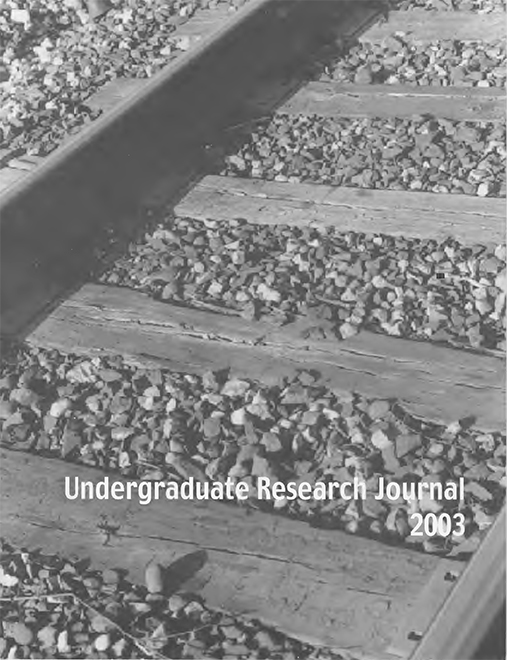Causes of Terrorism
Main Article Content
Abstract
The term 'terrorism' came into use at the end of the 18th century, primarily to refer to violent governmental acts designed to ensure popular submission.1 Terrorism comprises acts of violence meant to instill fear; that fear then generates alarm of future attacks perpetrated by individuals, groups, or governments against a civilian population, their symbols of power, and property. Rachel Monaghan, writes in Studies in Conflict and Terrorism that terrorism is the "use of violence in an attempt to achieve a change in, or the maintenance of, the status quo."2 Perpetrators of these acts are human beings acting against other human beings with the intention to physically harm, psychologically terrorize, and inflict general destruction. Groups denied human rights, such as certain ethnic groups in submissive states, like the ANC (African National Congress) in South Africa, nationalist groups like the PFLP (Popular Front for the Liberation of Palestine) in Palestine, and certain religious groups, such as Christian fundamentalists in the U.S., have resorted to acts of violence over real or perceived injustices against their groups. Precursors to terrorist acts include poverty, persecution, lack of human rights, oppression, occupation, and ideologies, such as secular beliefs, and religious and ethnic discrimination. This is a timely and controversial topic. This paper provides an overview of the precursors and plights that culminate in these violent acts.
Downloads
Download data is not yet available.
Article Details
Section
Articles
IUSB Student Journal Copyright Agreement
☐ I declare that this submission is my original work, and that it does not, to the best of my knowledge, infringe upon anyone's copyright.
☐ I agree that that [the journal] may, without changing the content, translate the submission to any medium or format for the purpose of preservation.
☐ The Undergraduate Research Journal may keep copies of my submission, and to translate it to any medium for future reproduction and distribution. I understand that I have the right to request that my submission be removed from IUSB online sources at any time by emailing Stephen Finlay, IUSB ScholarWorks administrator, at scfinlay@iusb.edu. Once I have made the request, the item in question will be taken down immediately.
